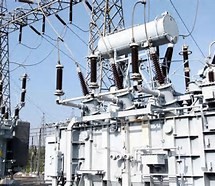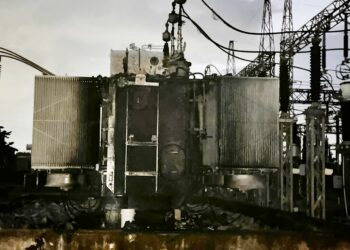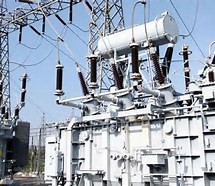The Lagos State Government has invited GE Vernova to carry out a comprehensive Power System Impact Study for the integration of a proposed 2,000MW gas-fired power plant into the state’s electricity grid.
The collaboration is in support of the State Government’s strategic move to enhance electricity reliability and modernise power infrastructure across Lagos.
The study aims to evaluate the technical, operational, and economic impacts of the power plant on Lagos’ transmission and distribution networks, with a focus on strengthening grid capacity, improving service delivery, and supporting long-term energy planning.
The project was officially inaugurated during a stakeholder meeting which has in attendance representatives from Ikeja Electric (IKEDC), Eko Electricity Distribution Company (EKEDC), and the Transmission Company of Nigeria (TCN).
Speaking at the event, the Commissioner for Energy and Mineral Resources, Mr. Biodun Ogunleye, reaffirmed Governor Sanwo-Olu’s Administration commitment to a data-driven, collaborative, and inclusive approach to energy reform in the state:
“This is not about creating a parallel grid or exiting the national system. Our goal is to build a unified, reliable, and scalable power ecosystem that works for all Lagosians. We are working with our DisCos and TCN not in competition, but in close cooperation to ensure improved reliability and resilience across the grid.”
Ogunleye further emphasised the importance of proactive planning in addressing power disruptions: “We want to ensure that larger parts of Lagos continue to have power even during national transmission challenges. That is why this partnership with GE Vernova is crucial. Through this study, we will identify opportunities for embedded generation, infrastructure upgrades, and enhanced operational reserves, for laying the groundwork for a sustainable and resilient electricity supply.”
During their presentation, GE Vernova Consulting highlighted the scope of the study, which includes advanced system modeling and analysis using industry-standard tools such as Multi-Area Production Simulation (MAPS) and PSSOE. The study will assess the performance, dispatchability, and grid integration of the 2,000MW plant, analyse fuel supply and load allocation challenges, and provide recommendations for infrastructure improvements aligned with Nigeria’s national energy goals for 2030 and 2035.
To ensure coordinated execution, the Ministry has requested IKEDC, EKEDC, and TCN to nominate focal persons to support the study process. The project will be managed from the Ministry, with full technical and advisory support from GE Vernova’s engineering and project management teams.
“This is a Lagos-driven initiative, but not an isolated one,” the Commissioner added. “We are fully aligned with the national grid framework and expect transparency, collaboration, and shared responsibility from all stakeholders. The end goal is simple: improved electricity service for the people of Lagos.”




